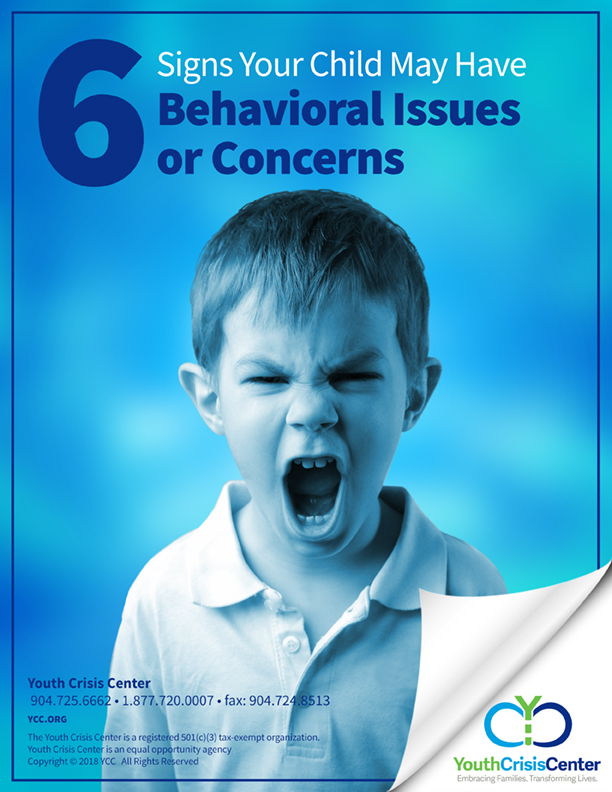If you’re a parent, it’s hard to watch your child struggle or suffer from anxiety or stress. If you’re not sure what kind of action or approach to take, the Youth Crisis Center says there are various ways to handle the situation by just talking with your child. It may not be able to make all the pain go away, but you could help your child by easing their worries or fears.
Identify that your child is struggling with stress or anxiety
Therapists at the Youth Crisis Center believe it’s essential to make sure you understand your child’s problem. This is an essential step because you may help your child if they are struggling with stress or anxiety differently than if they were getting bullied at school.
Support your child by acknowledging their fears
You probably dealt with a similar issue when you were a child. It is important not to dismiss your child’s fears if you were affected the same way or didn’t share those fears when you were a child. Supporting your child by acknowledging their fears helps them know that you are there for them and simply want to help them.
Seek professional help for your child
As a parent, you can try speaking with your child’s pediatrician, teacher, or school counselor. Therapists at the Youth Crisis Center believe these resources can help guide you in the right direction to getting resources to help your child ultimately.
Talk to your child
You can use this opportunity to offer viable solutions. YCC believes you can talk with your child about things like encouraging them to keep a journal or even cut back on after-school activities.
Use positive terms
When talking with your child, it is important to remember to use positive terms. Parents should use terms like “you are so brave” instead of just passing their child off as shy or anxious for the reasons of their behaviors.
Learn mindfulness
Therapists at the Youth Crisis Center say you can use this opportunity to make time for fun and quiet time. You and your child can also develop an exercise regimen of mindful activities that they will use when they are feeling anxious. Click here for mindfulness tips for children.
About SNAP® at the Youth Crisis Center
YCC offers a program called SNAP®, which stands for STOP NOW AND PLAN. This is an evidence-based, cognitive-behavioral model powered by the minds at Child Development Institute (CDI). SNAP® can help children, ages 6-11, and their parents learn how to effectively manage their emotions and ‘keep problems small.’ We know that because small problems can quickly turn bigger or worsening problems if a child or their parent doesn’t have effective emotion regulation, self-control, or problem-solving skills.
Download our free ebook!
Six Signs That Your Child May Have Behavioral Issues or Concerns


